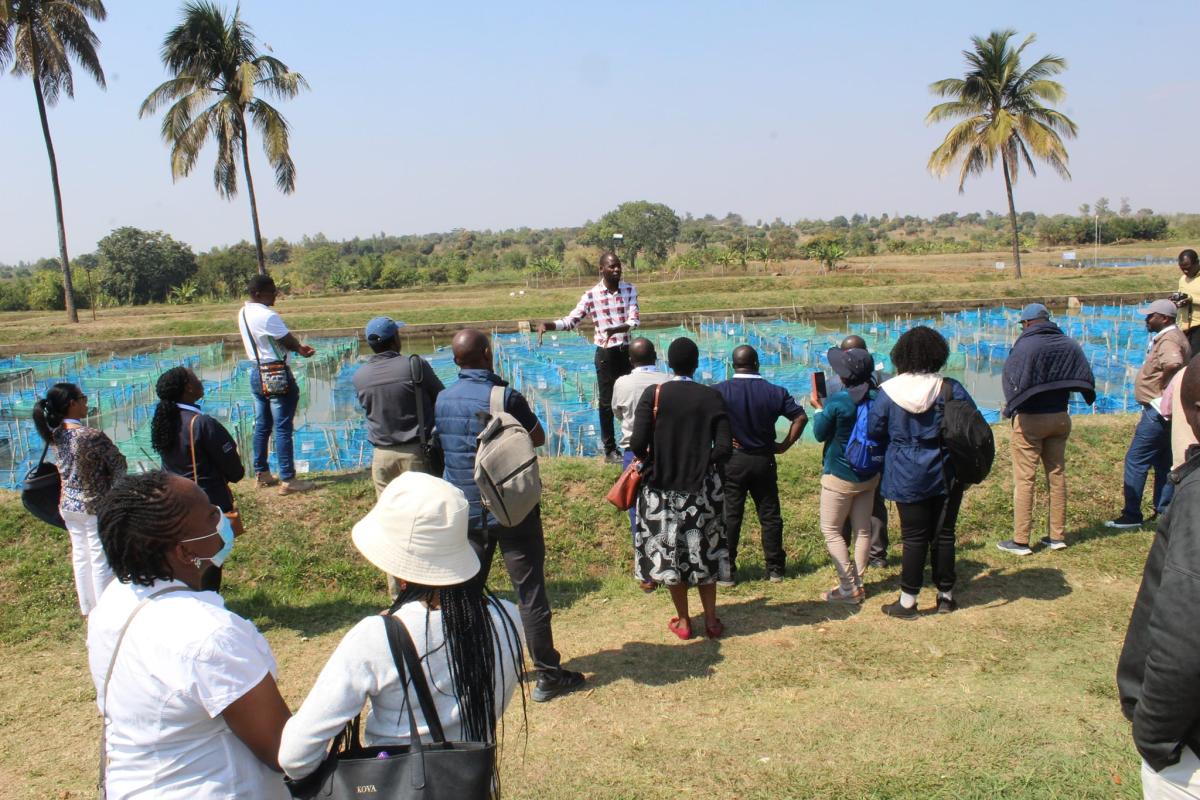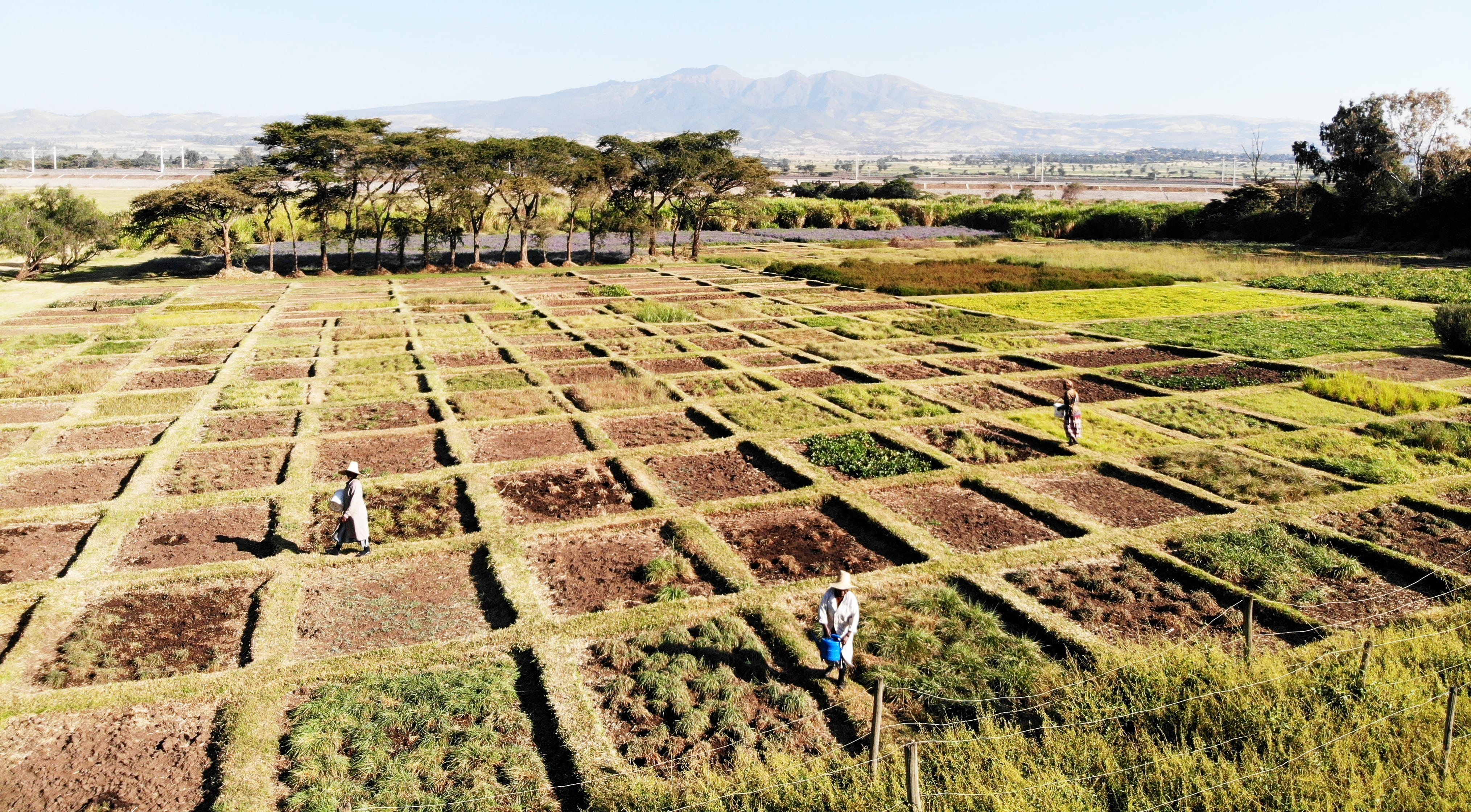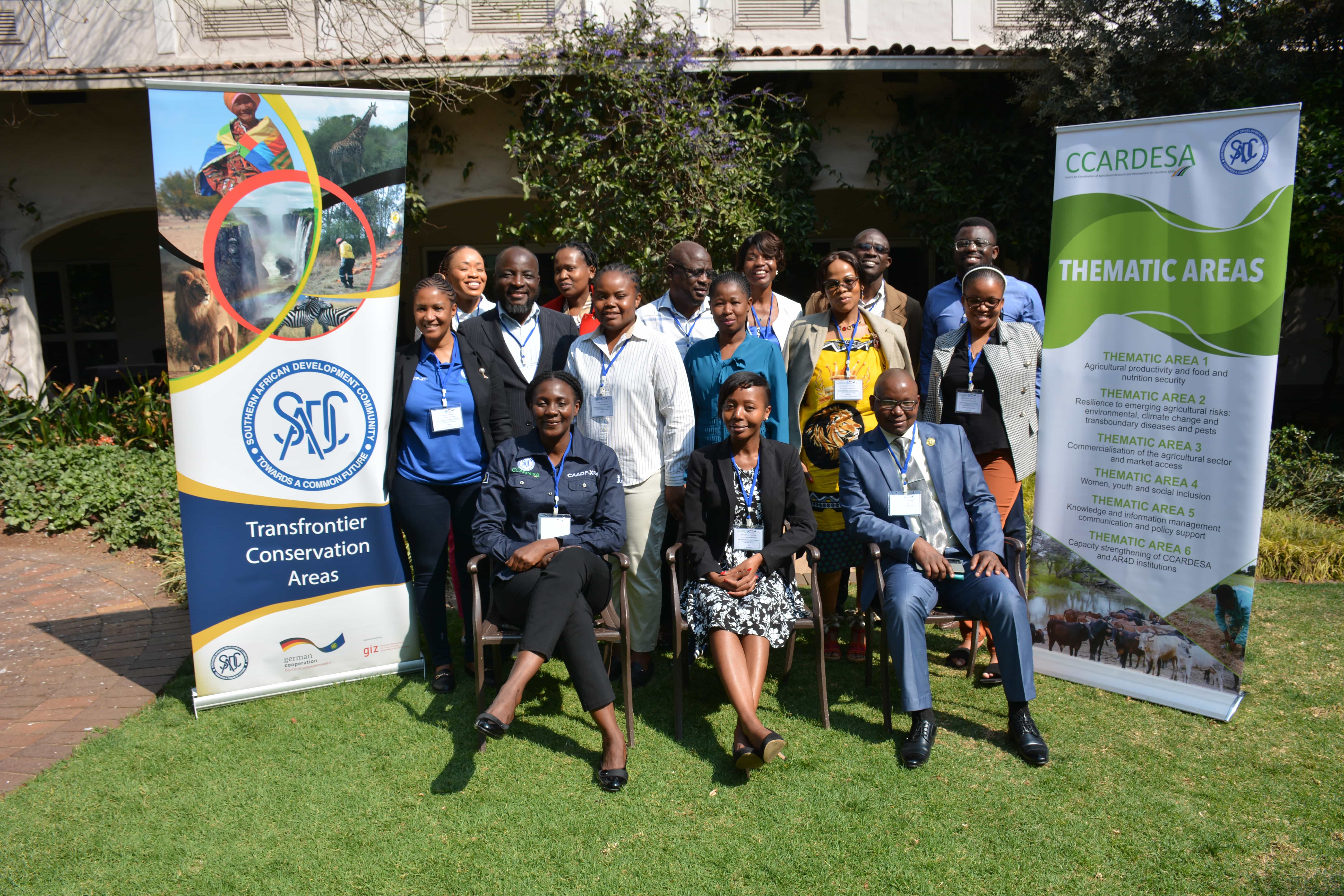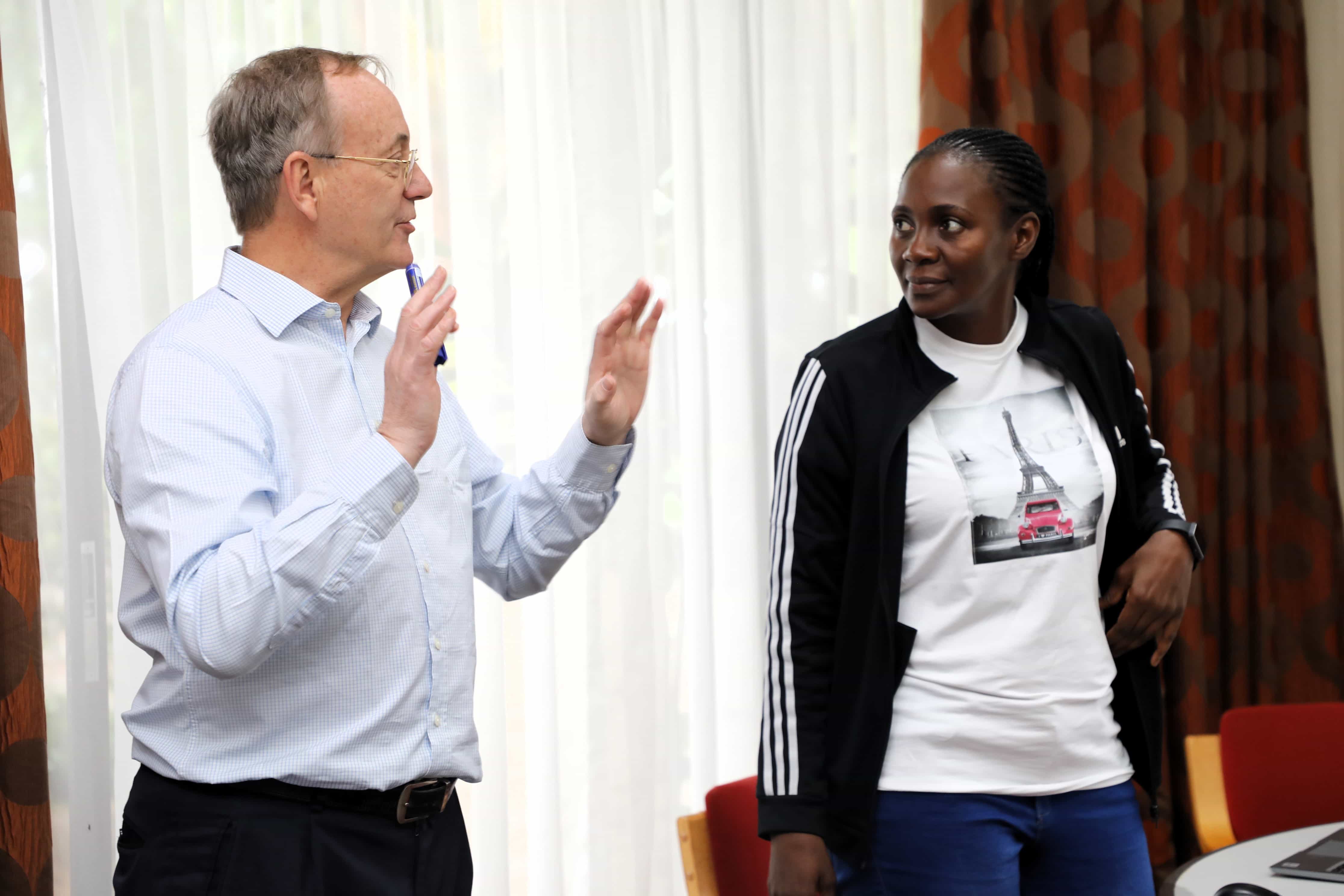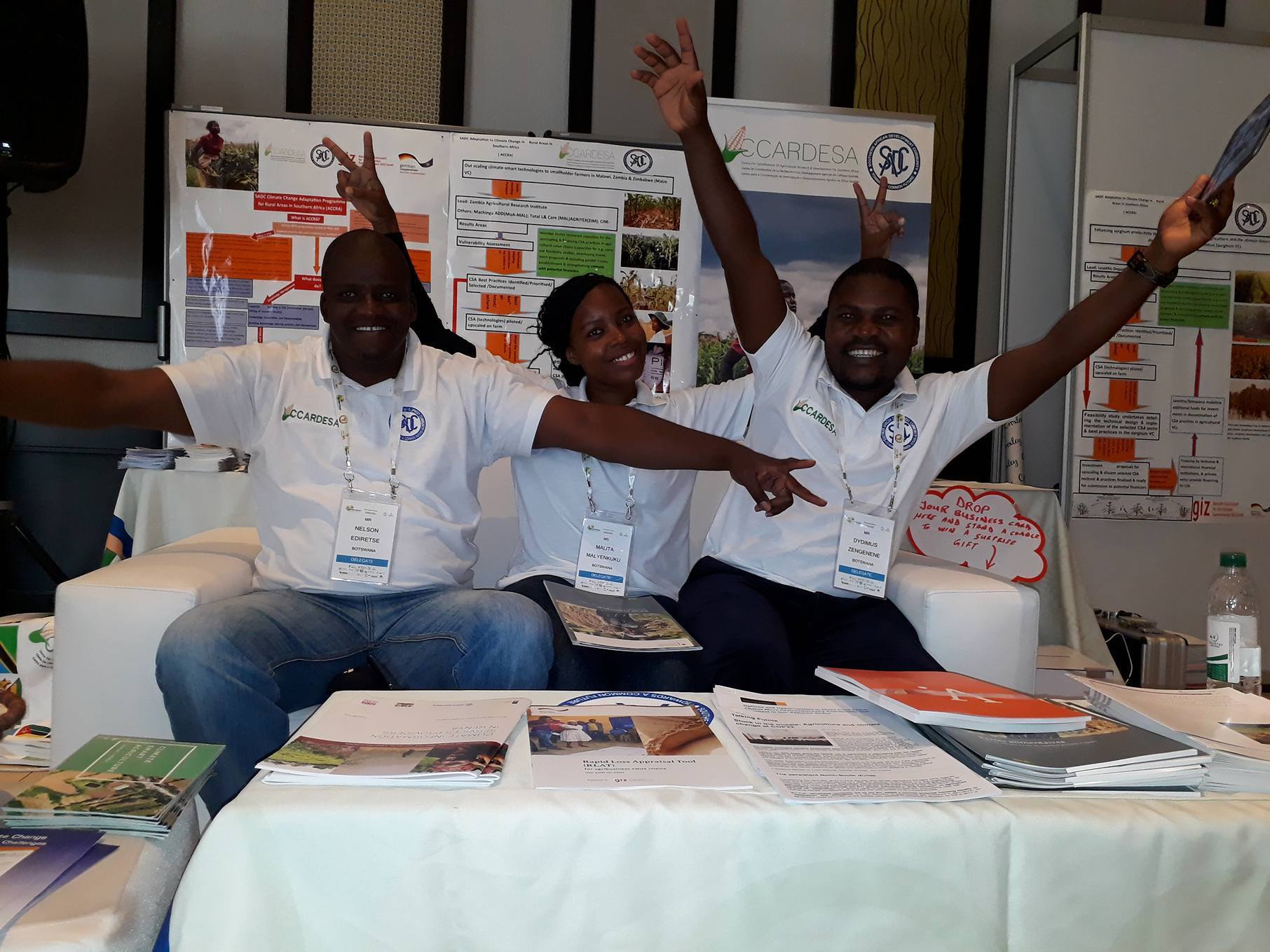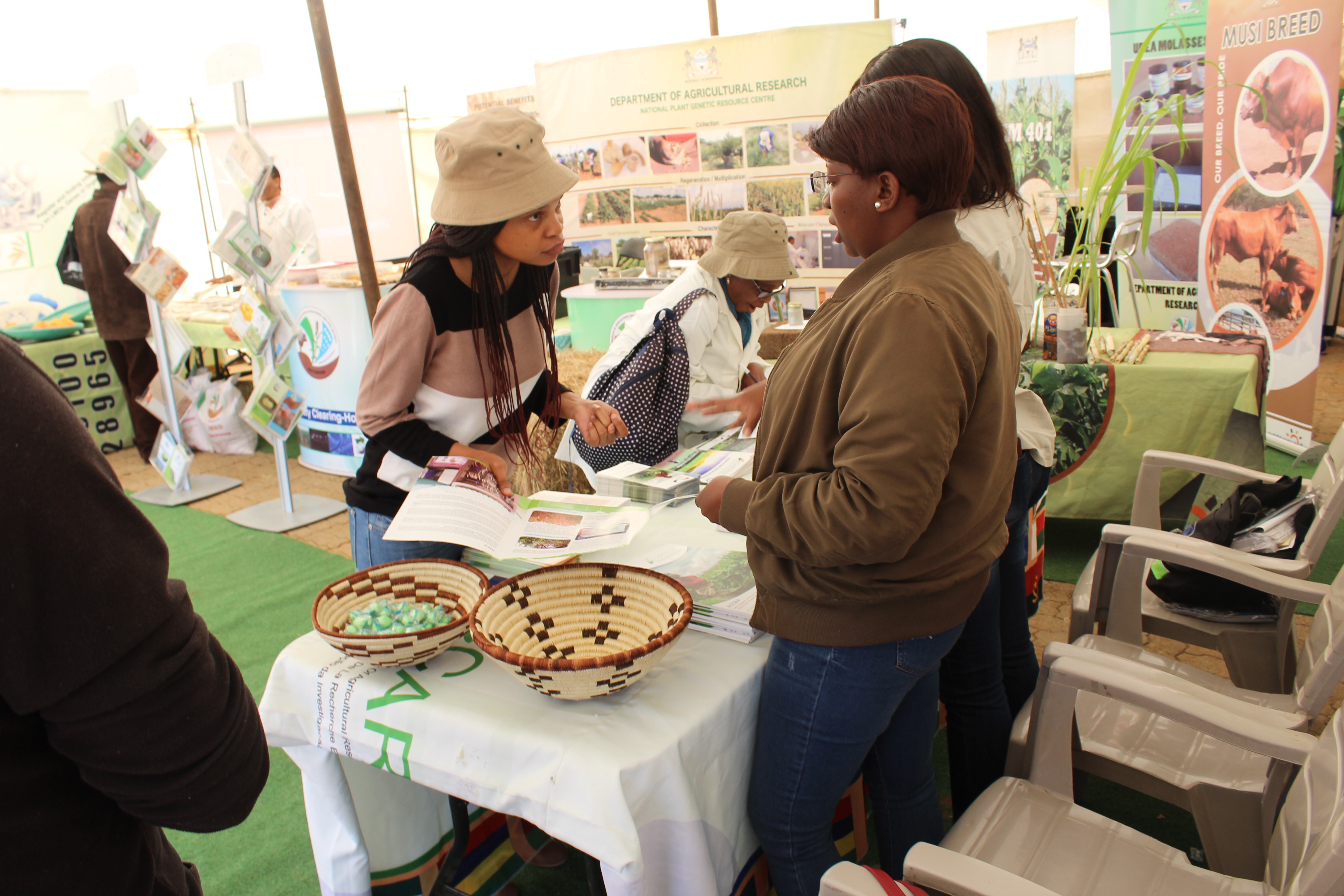Initial results from PICSA in Ghana, Rwanda, Malawi and Tanzania - Graham Clarkson
In this webinar recording, Graham Clarkson, University of Reading, presents the initial results of PICSA (Participatory Integrated Climate Services for Agriculture) in Ghana, Rwanda, Malawi and Tanzania. His presentation is followed by questions and answers by the participants.
Climate smart agriculture
Food security
Clarkson, G. (2016): Initial results from PICSA in Ghana, Rwanda, Malawi and Tanzania - Graham Clarkson [online]. Available at: https://www.youtube.com/watch?v=Ej2XIQMUFAw [04.01.2019]




